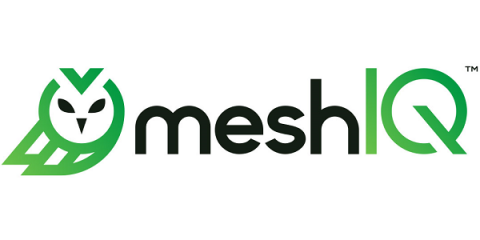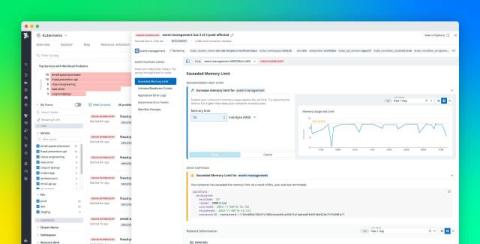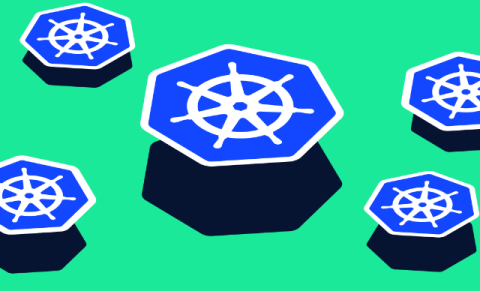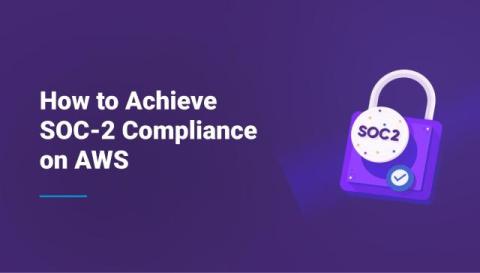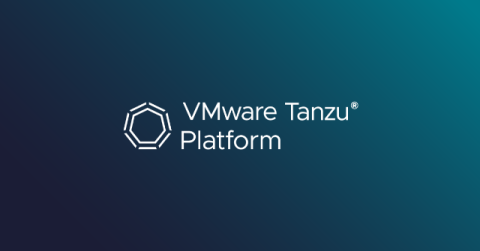Troubleshooting Kafka Monitoring on Kubernetes
Let’s be honest: setting up Kafka monitoring on Kubernetes can feel like you’re trying to solve a puzzle without all the pieces in place. Between connectivity snags, configuration issues, and keeping tabs on resource usage, it’s easy to feel like you’re constantly firefighting. But tackling these issues head-on with a few go-to solutions can save a lot of headaches down the road.


